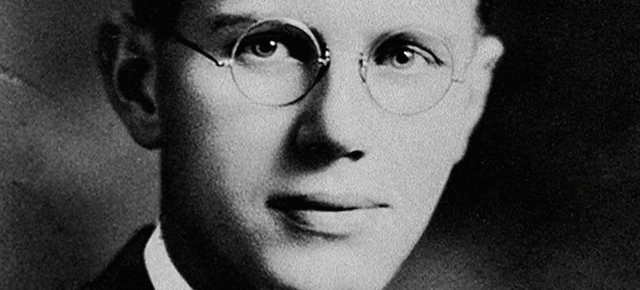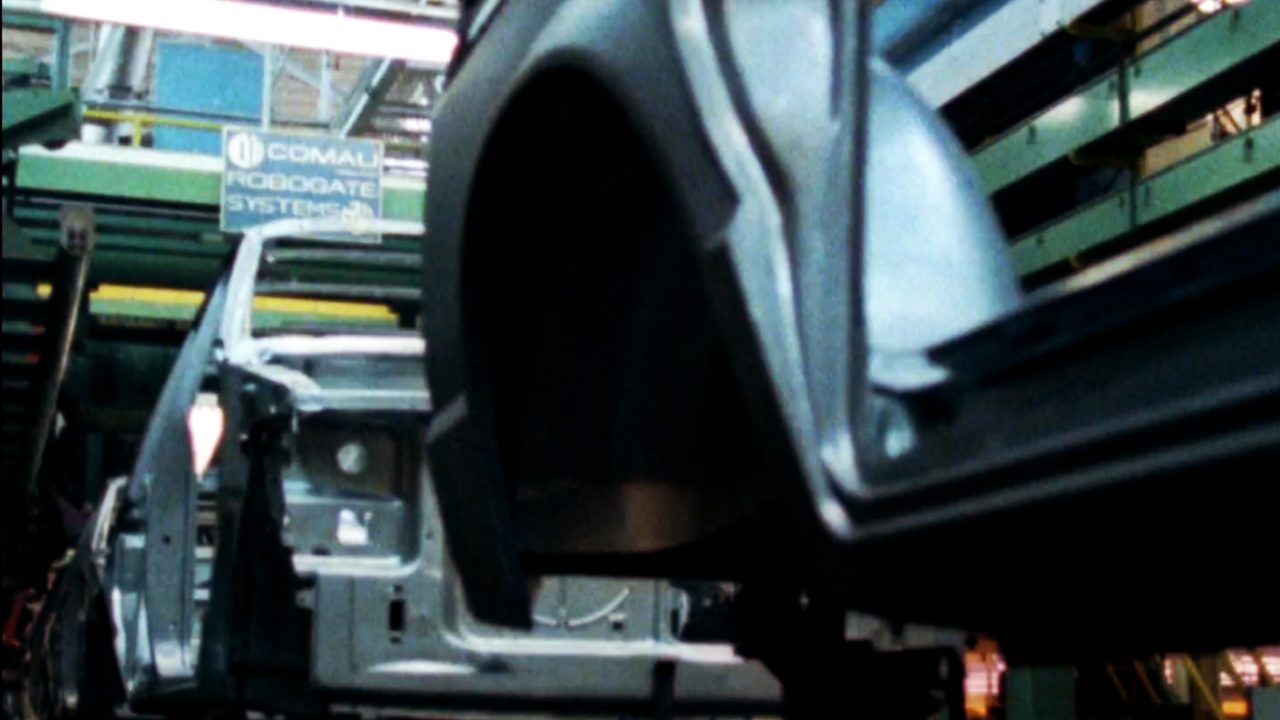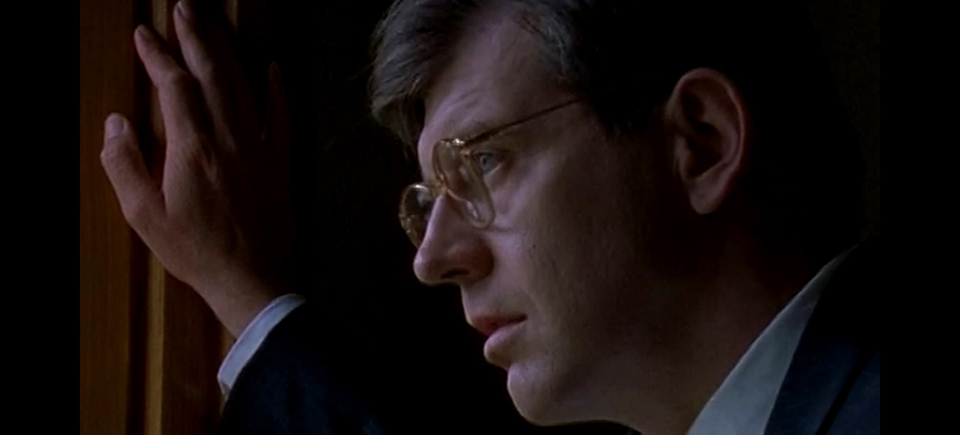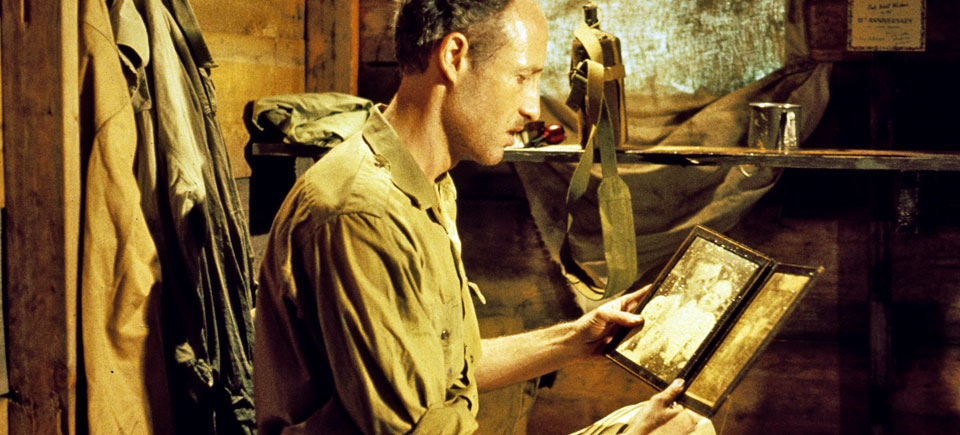
Cold War Intrigue: Producer Gerry Flahive Discusses The Man Who Might Have Been
Cold War Intrigue: Producer Gerry Flahive Discusses The Man Who Might Have Been
* This post was written by NFB producer Gerry Flahive
It’s not every day you make Emperor Hirohito’s brother laugh.
In the summer of 1997 I found myself, with director John Kramer, in Karuizawa, an upscale tourist town not far from Tokyo, on the grounds of the summer home of Prince Mikasa, a member of the Japanese royal family. We had arranged to interview him for our feature documentary about Herbert Norman, a legendary Canadian diplomat and scholar of Japanese history (indeed, his writings served as key references for several people involved in drafting the Japanese constitution after WWII).
Despite his notoriety, including his death by suicide in 1957 (he had been accused by U.S. officials and politicians of being a Communist spy), Norman had been largely forgotten by the time I proposed that he and his times be the subject of an NFB film. The very notion of making a film about Norman and his career seemed, decades after his death, controversial to some. But his story was, we felt, too important not to retrieve and retell, especially given the way it captured the drama of the Cold War and what has been seen as the golden age of Canadian diplomacy. Canada’s postwar international influence was at its peak, and figures like future Prime Minister Lester Pearson commanded respect and influence in the chambers of the newly created United Nations and beyond.
Born in Japan in 1909 to Canadian missionary parents, Norman developed a deep understanding of the country’s past and of its people. He served at the Canadian legation in Tokyo from 1940–41 and later worked as an intelligence officer until the war’s end. After the war, he was assigned to U.S. General Douglas MacArthur’s occupation staff, and in 1946 was surprised and more than a bit concerned to be asked to tutor the Emperor’s young brother.
To gather a better understanding of Norman’s standing in the highest circles of Japanese society, we ended up in Prince Mikasa’s summer estate, being taught by our local interpreter just how low to bow when the Prince entered the room. It really seemed to us that to be most respectful of Japanese tradition, we should be bowing about as far over as we could—and when the Prince entered the room, he found our diplomatic calisthenics to be hilarious.
The Prince spoke warmly of Norman, and it was clear that the general respect for him extended far beyond anything most Canadians were aware of.
At the end of his career, as Canada’s representative in Egypt during the Suez Crisis, Norman was at the centre of efforts to broker peace (under his mentor and boss, Minister for External Affairs Pearson, who would be awarded the Nobel Peace Prize in 1957 for his role). But that very visibility also brought attention and renewed concerns and suspicions—especially from the United States Senate Subcommittee on Internal Security—that Norman, who had exhibited Communist sympathies as a young man, was a traitor and spy.
In April 1957, the morning after attending a screening of a Japanese film, The Mask of Destiny (a telling scene from which is included in our film), he took his own life by jumping from the roof of an apartment building in Cairo, leaving a note of apology to a friend and fellow diplomat who lived there. His death caused outrage back in Canada, with one M.P. suggesting Norman “had been murdered by slander just as surely as if someone had stuck a knife in his back.” It was one of the low points in the history of Canada–U.S. relations.
By making the film, director John Kramer “hoped to solve a mystery. [But] when it was done it was more a mystery to me than when we started. The U.S. Senate Subcommittee wanted to expose him when there was nothing to expose, and because of his upbringing, training and personality he was determined to remain silent. But after interviewing friends, colleagues and government officials, and going through boxes of FBI and RCMP files, we have to conclude that Norman was caught in a web of political intrigue that had less to do with him than with bringing in line a Canadian government Washington was suspicious of for its internationalism.”
In trying to tell such a full and complex story—and having no film footage of Norman to utilize—we had to find a way to bring him to life. When, at our casting session, Toronto actor Greg Ellwand walked in, wearing a period suit and round eyeglasses identical to Norman’s, John and I gasped. We had found a gifted actor who could capture, through appearance, gesture and solemnity, the reserved but intense Norman.
Greg elegantly portrayed Norman for us on shoots in Toronto (with U of T standing in for 1930s Cambridge), on Parliament Hill (still suitably “period” for our purposes!), in Tokyo (filming in the original Canadian legation building where Norman worked and lived) and on a fateful rooftop in Cairo. And through the incredible generosity of Norman’s widow, Mrs. Irene Norman, we filmed in their Ottawa apartment, where she lent us a precious collection of family photos.
By weaving these dramatic scenes together with remarkable historical stills and stock footage spanning decades (found by our accomplished researcher, Elizabeth Klinck), plus interviews conducted with historians, diplomats and even a CIA lawyer who called Pearson “trash,” we sought to make a film that reminds Canadians of their place on the world stage, the power of their history, and the challenges of fully understanding a life lived by an extraordinary man raised and trained not to reveal his feelings.
The Man Who Might Have Been: An Inquiry into the Life and Death of Herbert Norman, John Kramer, provided by the National Film Board of Canada




Greetings,
Just read your piece on Dr Herbert Norman. My Mother (Freda Guthrie Roxborough) worked with Dr Norman in Japan and in Canada (I believe). She always spoke most highly of him and on the few times we spoke of him, she was very complimentary. I am sure there are many stories out there, but one I know was that my parents who were married in Tokyo borrowed General Douglas MacArthur’s Daimler on their wedding day. Freda knew Gen MacArthur and also spoke highly of him. It seems worlds away from today’s times, but always interesting to read something of which Freda would have known something about. She did say that Dr Norman would not have killed himself. Who knows, but I look forward to watching the film.
Regards, Alan Leckie